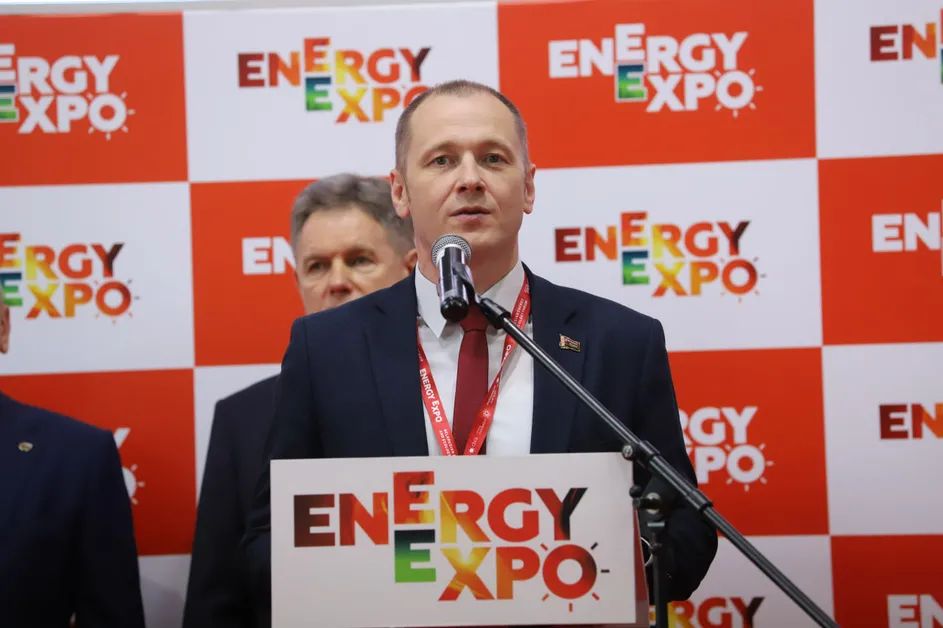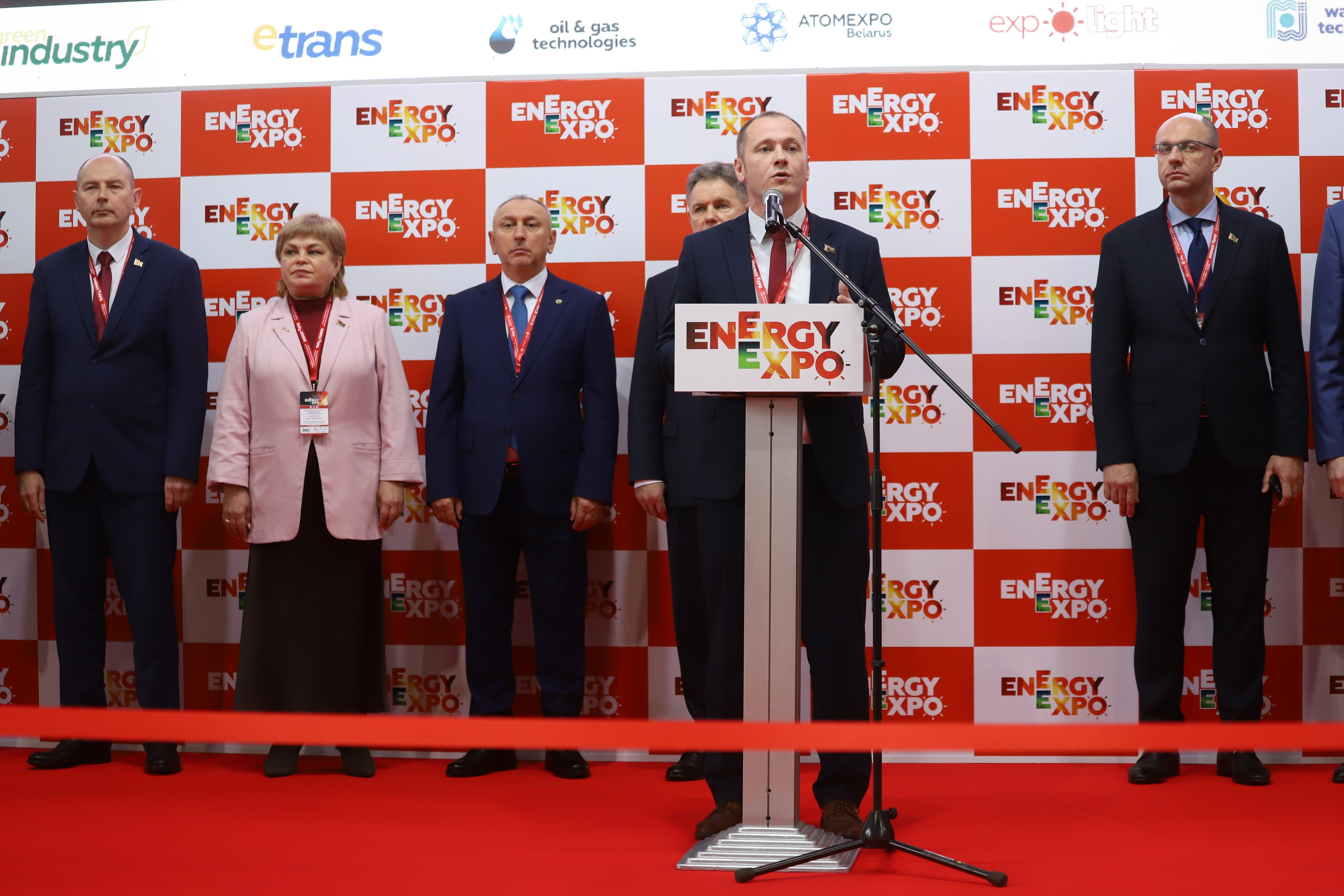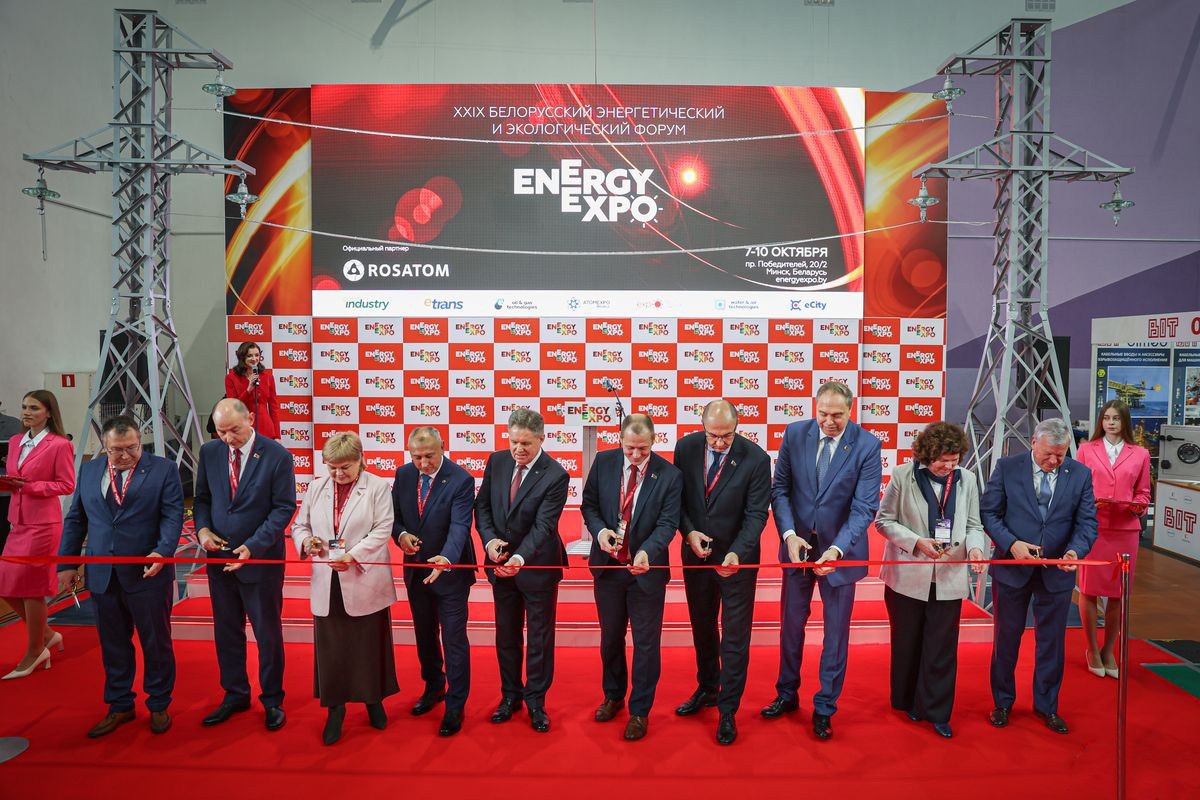Energy Minister: nuclear energy is necessary to meet the growing demand for electricity in Belarus
16:11, 7 October

Belarus is considering two options for expanding nuclear capacity to meet the growing demand for electricity: the construction of a third power unit at the site of the existing Belarusian NPP or the construction of a new nuclear power plant. This was stated to journalists by Energy Minister Denis Moroz on the sidelines of the Belarusian Energy and Environmental Forum, the correspondent reports. Soyuz.by .
- Share on Facebook
- Share on VK
- Share on Twitter

Moroz noted that the construction of the first Belarusian nuclear power plant had a significant effect on the country's economy, making it possible to replace the consumption of natural gas in the amount of about 14 billion cubic meters. The volume of electricity generated by the Belarusian NPP exceeded 51 billion kWh.
Electricity consumption is actively growing in Belarus, which in 2024 exceeded 43 billion kWh and became a record for independent Belarus. By 2030, it is expected to grow to 47 billion kWh.

According to the minister, the construction of the third power unit at the Belarusian NPP site has a number of advantages related to the use of existing engineering and social infrastructure, which will make the project faster and cheaper.
An alternative option is the construction of a new nuclear power plant, the most preferred location of which is considered to be the eastern part of Belarus. The advantage of this option is a powerful impetus for the socio-economic development of the region, the creation of thousands of new jobs and the introduction of new technologies.

"In short, two conceptually different options are currently being considered. We are comparing and evaluating which of these options will have the best effect for Belarus," Moroz concluded, stressing that the strategic effect is important, taking into account the country's development prospects.

Reference: The Belarusian nuclear power plant with two VVER-1200 reactors with a total capacity of 2,400 MW was built according to a Russian project near Ostrovets (Grodno region). The general contractor was the engineering division of Rosatom State Corporation.






